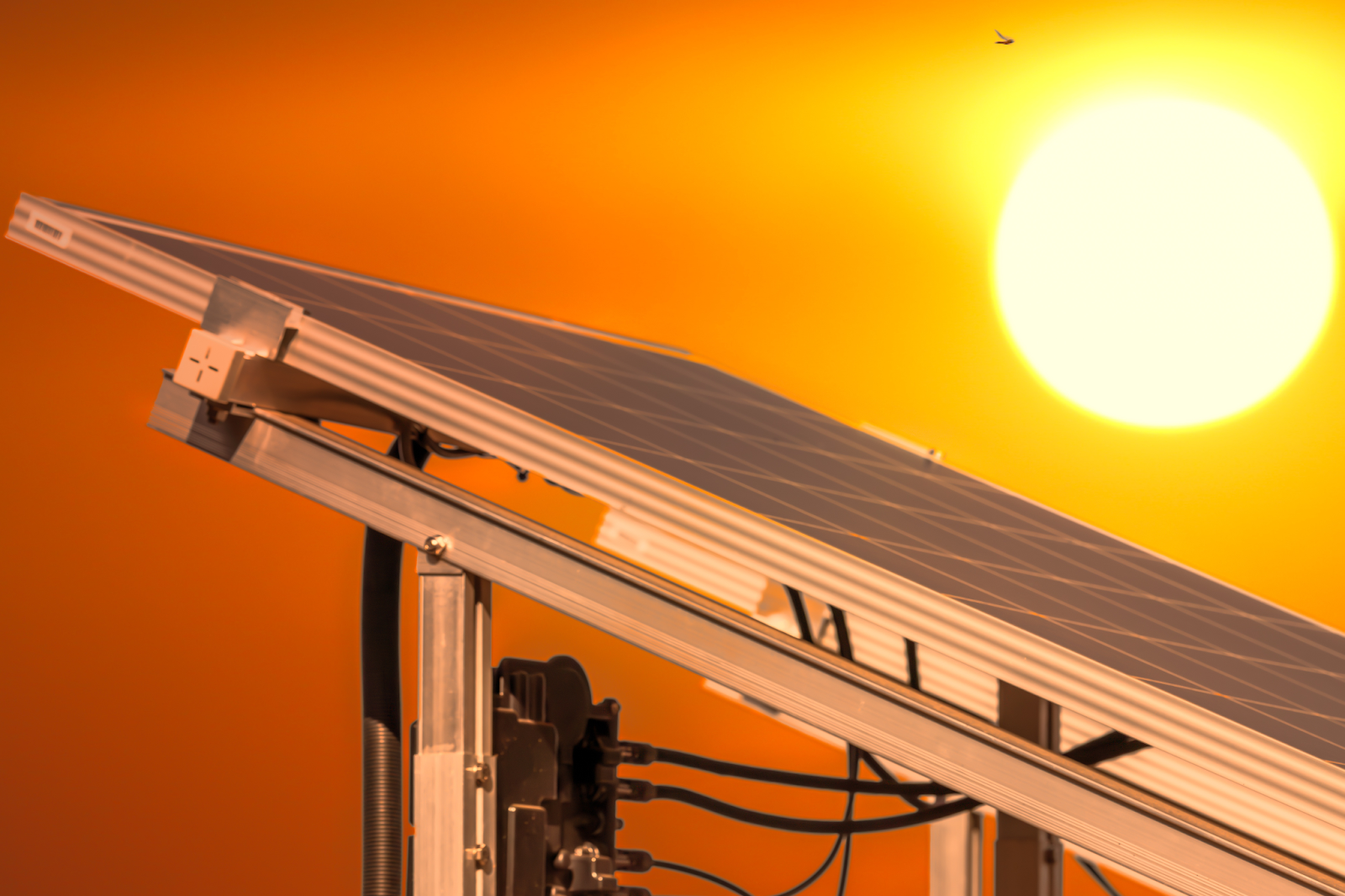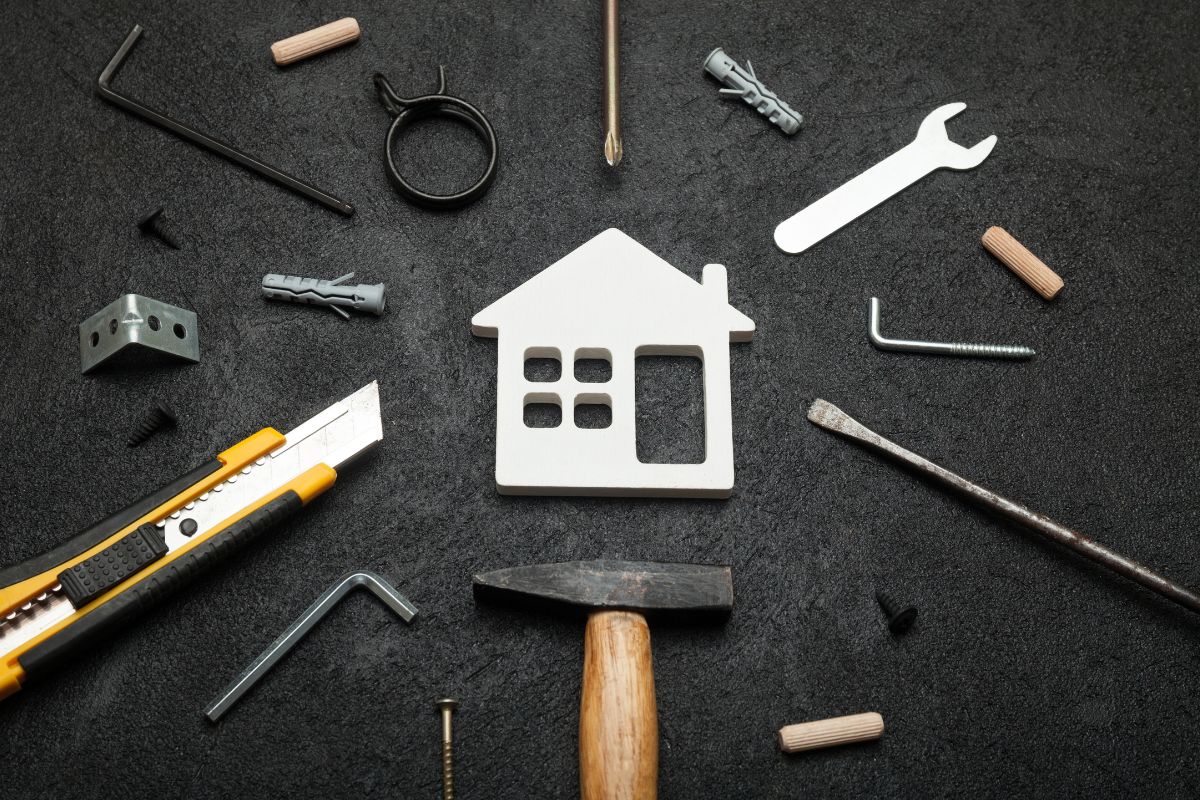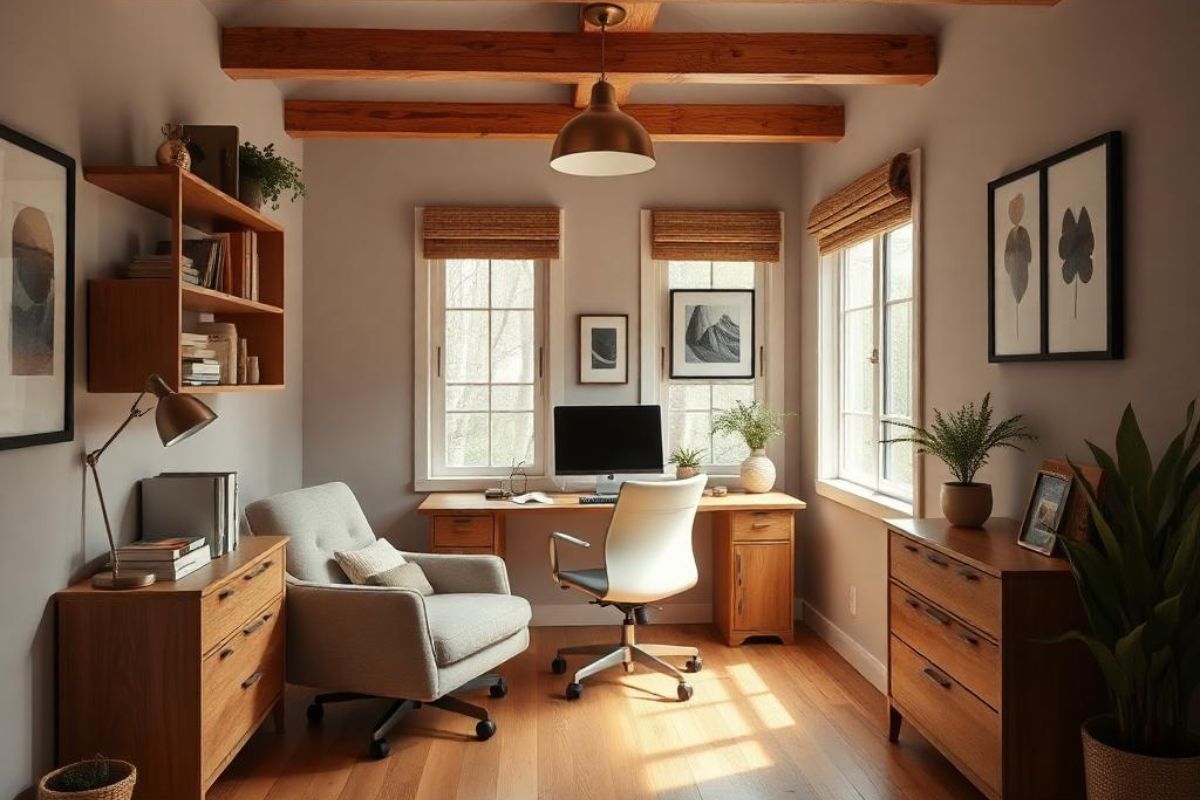Tiny homes have gained popularity as an eco-friendly, economically sensible option for those seeking a minimalist lifestyle. As homeowners consider their energy options, solar power systems frequently emerge as a top contender. For many, investing in a solar power system can be a sound choice that reduces their carbon footprint and lowers energy costs.
The decision to install solar panels in Dallas involves weighing the benefits against the unique characteristics of tiny homes, such as limited roof space and energy needs. The efficiency of modern solar technology has made it more viable for compact living spaces, encouraging many to embrace sustainable energy solutions.
Assessing the Suitability of Solar Power for Tiny Homes
When considering solar power for tiny homes, it is essential to evaluate various factors such as space efficiency, energy needs, and the financial implications of installation and operation.
Space Constraints and Efficiency
Tiny homes typically have limited roof space available for solar panels. The small surface area means that maximizing efficiency is crucial. High-efficiency solar panels, which convert more sunlight into electricity, are often recommended.
Most standard panels yield about 300 to 400 watts each. For tiny homes, installing multiple units can quickly consume available space. It’s essential to assess the orientation and tilt of the roof to ensure maximum sun exposure.
Power Needs and Consumption Patterns
The energy consumption of tiny homes tends to be lower than that of traditional homes, but it varies greatly based on individual lifestyle choices. Owners should conduct a detailed assessment of their power usage to determine the necessary solar capacity.
Key appliances and their typical wattage requirements:
-
Refrigerator: 100-400 watts
-
Lights: 10-100 watts, depending on the type
-
Heating/Cooling systems: 500-1000 watts for small units
By adopting energy-efficient devices and practices, residents can further reduce their energy uptake. Therefore, calculating peak usage hours is crucial to determine how many solar panels are needed effectively.
Comparative Cost-Benefit Analysis
Government incentives and tax credits can significantly reduce costs. It’s also vital to consider the potential savings on utility bills, as solar energy can greatly minimize reliance on the grid.
Key factors influencing financial decisions include:
-
Return on Investment (ROI): Typically seen within 5-10 years.
-
Maintenance Costs: Generally low, around $100 annually.
-
Energy Independence: Reducing reliance on fluctuating energy prices enhances financial security.
Evaluating these aspects helps determine if a solar power system aligns with the owner’s financial and lifestyle goals.
Components and Installation of Solar Power Systems

Selecting the right components and understanding the installation process are vital for an efficient solar power system in tiny homes. Key elements include solar panels, inverters, and battery storage options, each playing a crucial role in the system's performance.
Choosing the Right Solar Panels
When choosing solar panels, factors such as efficiency, size, and cost are important to consider. Monocrystalline panels are known for their high efficiency and space-saving qualities, making them a popular choice for tiny homes. Polycrystalline panels tend to be more affordable but take up more space for the same output.
In Dallas, the solar panel installation market is competitive, which can be advantageous for consumers.
Inverters and Battery Storage Options
Inverters convert the direct current (DC) generated by solar panels into alternating current (AC) for home use. String inverters are common for small systems; they're cost-effective but have limitations in shading scenarios. Microinverters are a better choice for maximizing output in shaded areas.
Battery storage allows homeowners to store excess energy for use during non-sunny periods. Lithium-ion batteries are becoming the preferred option because of their longevity and efficiency.
Sustainable Living with Solar Power in Tiny Homes
Integrating solar power systems into tiny homes promotes sustainable living by minimizing environmental footprints and enhancing energy independence. By opting for solar panels, owners can significantly reduce their reliance on fossil fuels while maintaining a comfortable lifestyle.
Reducing Environmental Impact
Utilizing solar panels in tiny homes significantly decreases carbon emissions. Solar energy is renewable and generates power without air pollutants.
Tiny homes often have lower energy requirements due to their reduced size, making it easier to rely solely on solar power. This setup fosters a lifestyle that aligns with eco-friendly principles.
Benefits of solar panels include:
-
Lower Utility Bills: Reducing or eliminating monthly energy costs.
-
Energy Independence: Freedom from fluctuating energy prices.
-
Net Metering Opportunities: Earning credits for excess energy fed back into the grid.
Maintenance and Upkeep of Solar Systems
Maintenance of solar panel systems is straightforward and generally less intensive than conventional energy sources. Regular cleaning and inspections are typically all that is needed to ensure optimal functioning.
Most solar systems come with warranties that span 20-25 years, underscoring their longevity and reliability. As a result, the long-term benefits outweigh initial investment costs, reinforcing solar's role in sustainable living.
Legalities and Incentives for Solar Adoption
Adopting solar power for tiny homes involves various legal considerations and potential financial incentives. Understanding building codes and available incentives can significantly influence the decision to install solar panels.
Navigating Building Codes and Regulations
Tiny homes often face unique challenges related to building codes and zoning regulations. Local jurisdictions may have different requirements for solar installations. It’s vital to check with local authorities in cities like Dallas to ensure compliance.
Common requirements may include:
-
Permits for installation
-
Property line setbacks specific to solar equipment
-
Structural assessments to confirm roof capacity for solar panels
Researching local ordinances and engaging with a contractor familiar with local regulations can streamline the installation process and avoid legal issues later.
Exploring Federal and Local Incentives
Financially, several incentives encourage solar adoption. The federal government offers a Solar Investment Tax Credit (ITC), allowing homeowners to deduct a percentage of solar installation costs from their federal taxes.
In addition to federal incentives, many states and localities provide benefits. In Dallas, incentives can include:
-
Property tax exemptions for solar installations
-
Rebates offered by local utility companies
-
Net metering policies allowing solar users to sell excess energy back to the grid
These financial benefits can substantially lower the overall cost of installation, making solar power more accessible for tiny home owners.






Share: